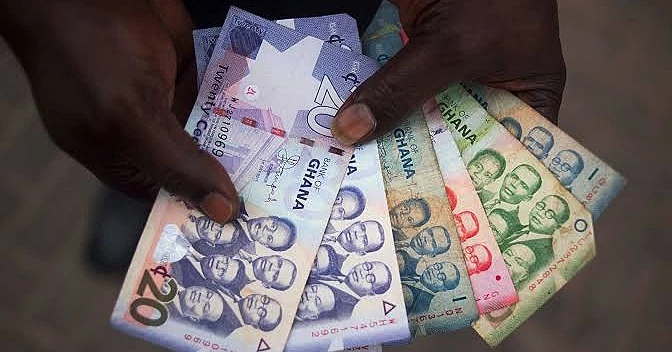Fitch Rating upgrade expected to boost cedi’s stability against dollar in the short term
The cedi demonstrated commendable resilience in the retail market, recording a mere 0.08% decrease week-on-week against the US dollar. Commencing the week’s trading activities with a mid-rate of 12.00/$, the cedi concluded the week at 12.01/$.

The cedi is poised to maintain its stability vis-à-vis the US dollar in the immediate future, a prospect that has garnered the attention of market analysts. The impetus behind this optimism stems from the recent favorable rating upgrade given to the country by Fitch Ratings, with the Long-Term Local Currency Issuer Default Rating shifting from ‘Restrictive Default’ to a ‘CCC’ status.
In tandem with the rating improvement, Fitch has also upheld a stable outlook for Ghana’s local currency Issuer Default Rating. The agency’s expectations are buoyed by the prospects of an efficacious external debt restructuring, coupled with subsequent disbursements from the International Monetary Fund. These developments are expected to fortify Ghana’s fiscal footing, and by extension, the stability of the cedi.
- Advertisement -
The cedi demonstrated commendable resilience in the retail market, recording a mere 0.08% decrease week-on-week against the US dollar. Commencing the week’s trading activities with a mid-rate of 12.00/$, the cedi concluded the week at 12.01/$.
- Advertisement -
Despite incremental fluctuations, the Bank of Ghana intervened by providing foreign exchange support. Notably, the cedi marginally weakened, shedding 0.34% week-on-week against the pound, but it managed to hold its ground against the euro on the retail market.
- Advertisement -
In the interbank domain, the local currency exhibited a slightly more pronounced variation. It depreciated by 0.33% against the US dollar, 1.68% against the pound, and 2.18% against the euro on a week-on-week basis.
- Advertisement -



